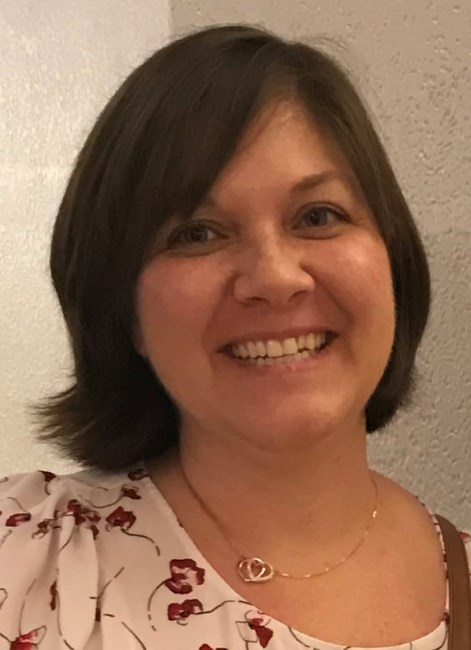ISDP Grieves the Loss of Bethany Reeb-Sutherland, ISDP's Former Treasurer
Bethany Reeb-Sutherland died Saturday November 14th 2020 after a long and courageous battle with cancer. She leaves her husband Matt Sutherland and her two boys, Eli and Jonah.
It is hard to realize that Bethany is gone. Although many of us knew of her initial diagnosis of breast cancer, her treatments, and her recurrence, we still (or at least I still) thought that she would continue to live, work, and laugh for much longer than she did.
I first met Bethany while she was still a graduate student at the University of New Mexico. She contacted me to say that she was looking for a postdoc opportunity and was interested in working with me. Bethany said that she wanted to learn developmental psychology and approaches to understanding individual differences in infant and child learning. She sent me her CV which included two papers co-authored with Bruce McEwen one in Journal of Neuroscience and the other in PNAS involving work with rodents on play and peer interaction. She also had worked with her graduate mentor Akaysha Tang on EEG methods and published work on EEG asymmetry and emotion. As a student, Bethany already had shown her remarkable technical and scholarly diversity. I thus invited her out to my lab and instantly realized how special she was: Bethany proved to be a very rigorous scientist, thoughtful, creative, reading and working broadly across non-human and human studies. But more than that. She was deeply interested in people and immediately connected with me and my lab mates on a personal level.
Bethany spent six years in my lab. She worked on studies that were ongoing in the lab, publishing work on temperament and anxiety, emotion processing and adversity, using electrophysiology and autonomic psychophysiology to study individual differences in infant and child development. She worked with my collaborators, Danny Pine, examining anxiety, and Chuck Nelson and Charley Zeanah, studying effects of adversity in the Bucharest project.
But her singular work came as a result of interactions she and I had with Regina Sullivan regarding olfactory learning in the newborn rodent. Together with Pat Levitt and Liz Hammock at Vanderbilt, Bethany and I wrote a grant to NIH for a special initiative on translational science. Bethany and I were to conduct olfactory conditioning/learning in newborns. Pat was going to do similar work in mice.
The grant was funded much to our surprise! Bethany spent about six months trying to conduct olfactory learning in newborns without much success. Undefeated, Bethany found the work of Bill Fifer on infant learning, specifically eye blink conditioning. Off she went to New York City, visiting Bill at Columbia and learning how he conducted this work.
Bethany brought these methods back to our lab and set up a study that was to launch her program of research in infant learning, hippocampal development, and individual differences in early learning related to developmental outcomes. She, Pat, and I published two papers on eye blink conditioning in infants, one of those with her technical guru Bill Fifer. Bethany went on to publish multiple papers using these methods. Indeed, at the time of her death she had an R01 to support this work. She was an accomplished scholar and scientist with a distinguished record of accomplishment. Her award in 2017 from the Federation of Associations for Brain and Behavioral Sciences is example of the recognition she had already garnered and would have continued to get.
Bethany was dedicated to the International Society for Developmental Psychobiology. She started as a student member, was active in the society being it’s Program Chair for two years, and the society’s treasurer. As in other spheres of her life, people in the society gravitated to her as she easily established personal connections with all. Her spirit was infectious.
All of this describes her academic professional life. But I would be remiss to not emphasize her devotion to and support for her partner, Matt Sutherland. Matt and Bethany were grad students together. He followed her from New Mexico up to Maryland and took a postdoc at the NIDA research center in Baltimore. She was forever proud of his work. When she and Matt moved to Miami and then both got positions at Florida International University it felt like all could be great there. And the birth of her two children, her boys, Eli and Jonah, was the crowning jewel in her life.
There were many instances in the brief time we knew each other of laughter, singing, drinking, and listening to music. But is was Bethany’s infectious laugh, her joy at social interaction, her smarts, and love of life that cannot be forgotten. All who she touched will miss her greatly.
Nathan Fox
